Kids in the garden series feature learning about BEES! From the important role bees play, how we can help and what we can do to keep the bees safe, Helen will inspire you to connect science learning with gardening and look more closely at those little bees buzzing around your garden bed!
Learning About Bees in the Garden : Garden Science
Over the past year we have explored companion planting, released butterflies and been on so many different adventures. Peakles is very proud of what we do and will tell everybody she can that she is Peakle Pie!
We are trying to become a little more self sufficient and we are determined to grow more crops and flowers this year. We will also be investing in a bug hotel and we really hope our bee colony returns too!
Thank you to The Educators’ Spin On It for hosting this series and we really hope that our post on the Importance of Bees educates and inspires you all to become more bee friendly!
We have always been interested in bees, mainly because they appear our garden in the spring and then seem to disappear once the weather gets colder!
I decided we were going to explore why bees are very important to gardeners, family and to the whole of the planet. We discovered that bees are flying insects who collect the nectar and pollen from flowering plants. Peakles was fascinated by them, although I did have to warn her not to get too close as most bees can sting.
So why are the bees so important? If it was not for bees many plants would not produce more seeds. There would be no more colourful flowers, very few trees and very little food left for lots of animals and humans to eat.
Can you see our bees?
Peakles and I talked about all the different foods that we like. We then talked about what we would be able to eat if the bees did not pollinate the flowers. Peakles was surprised that most of her favourite foods would no longer exist.
What can we do to help the bees?
One thing that you can do is try to make your garden as ‘natural’ as possible. In an ideal world we would all be eating and growing organic food, however a few changes to the way you garden can make all the difference.
Try companion planting to reduce the use of insecticides. This is when you plant different plants together to discourage insects or animals from damaging or eating them. You can also leave areas of your garden to grow naturally or you can seed a patch with some plants that would be found in your local area.
Leave the bees alone!
\We were lucky enough to have a bumblebee colony live in our roof last year! After taking some advice from the Bumblebee Conservation Trust we decided it was best just to leave them alone. It was very interesting watching the bees visiting the flowers and knowing that they were returning to our colony in the roof!
We also had a few solitary masonry bees hatch out of our wall. These tiny bees find a crack (or drilled hole in our case!) in the masonry. The female masonry bee lays a single egg inside and packs it with food for the egg when it hatches into a lava. The female bee seals up the entrance with a cement like paste made from sand or clay. The next year a young bee will emerge and start the cycle once more.
There are lots of different places to gather further information on bees at your local library. Many organizations will help you find out more about bees, have bee activities for children and can help you realize how easy it is to make your garden a bee-friendly one.
Some of the sites we visited were The Bumblebee Trust, The British BeekeepersAssociation and Honey Bee Suite but there are many more sites out there – look for one that is in your area for more localised information.
So remember to Bee Friendly and Bee Happy!
For more garden themed articles by Helen at Peaklepie.com
I’m Helen and this is Peakles my three year old daughter.We have been growing crops in planters, caring for our garden wildlife and writing about it on our website called Peakle Pie.
For more gardening articles we recommend…
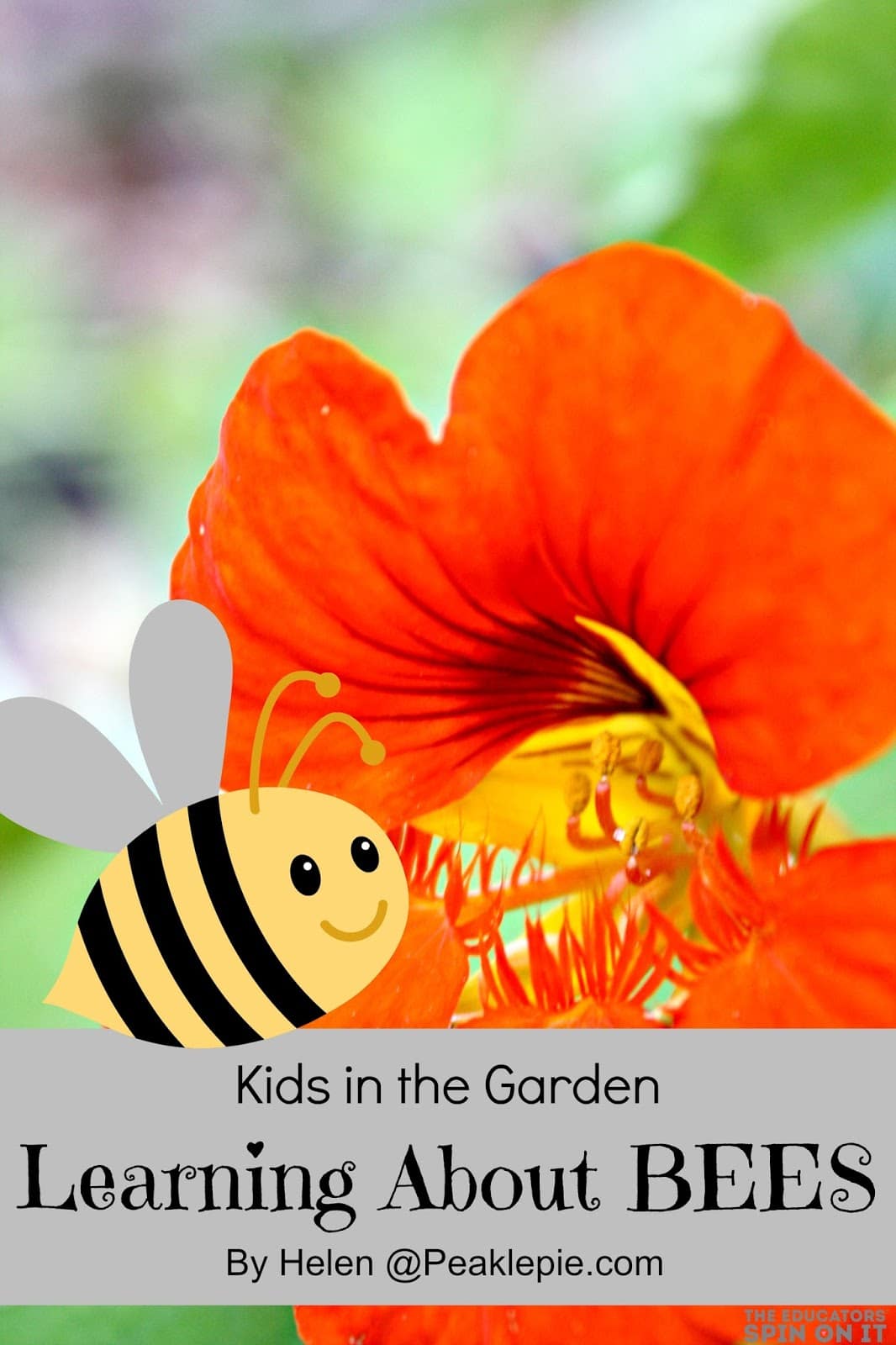
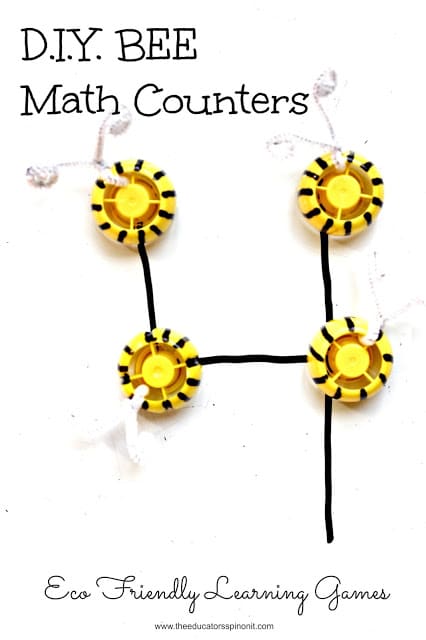
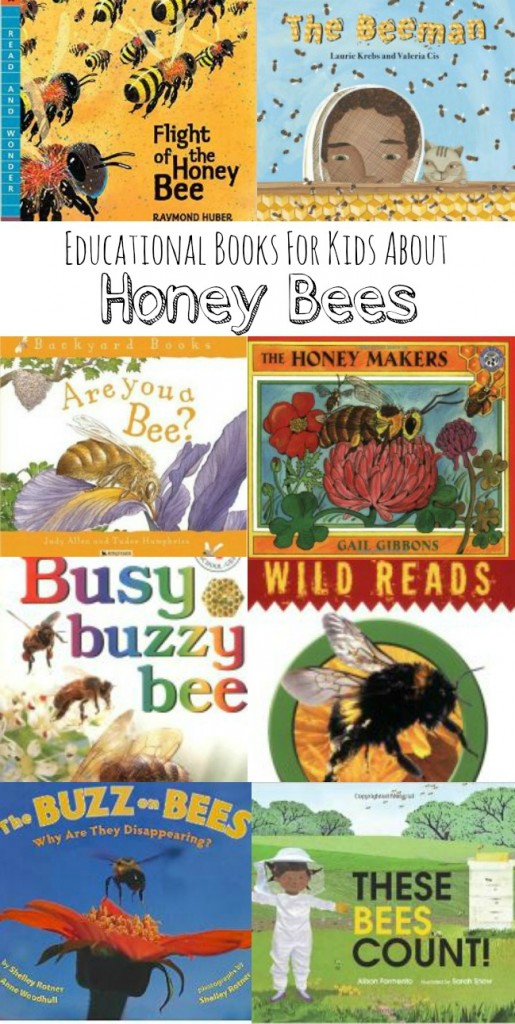
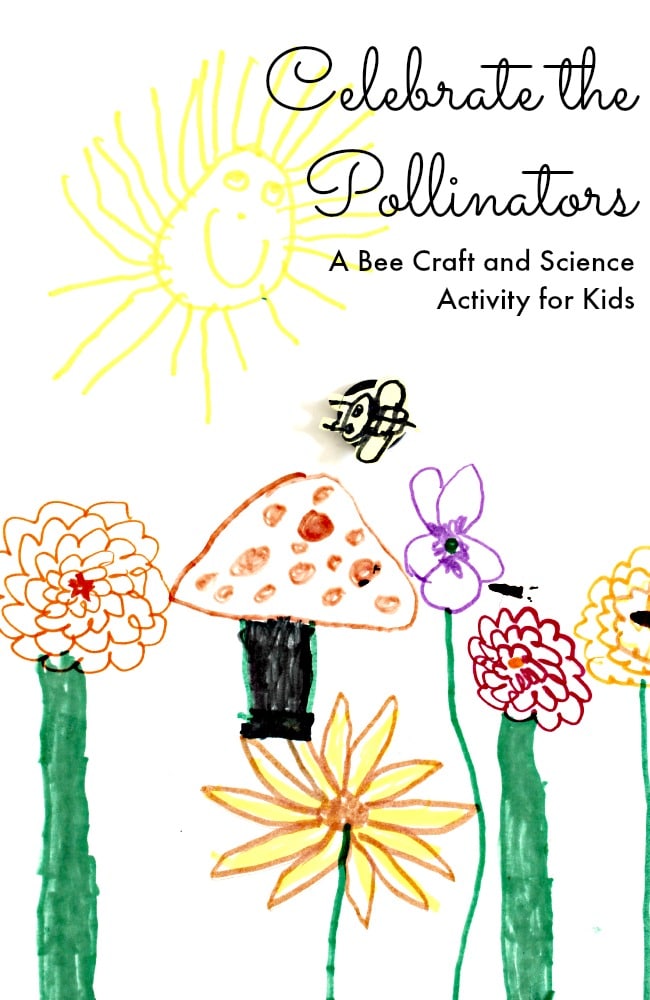
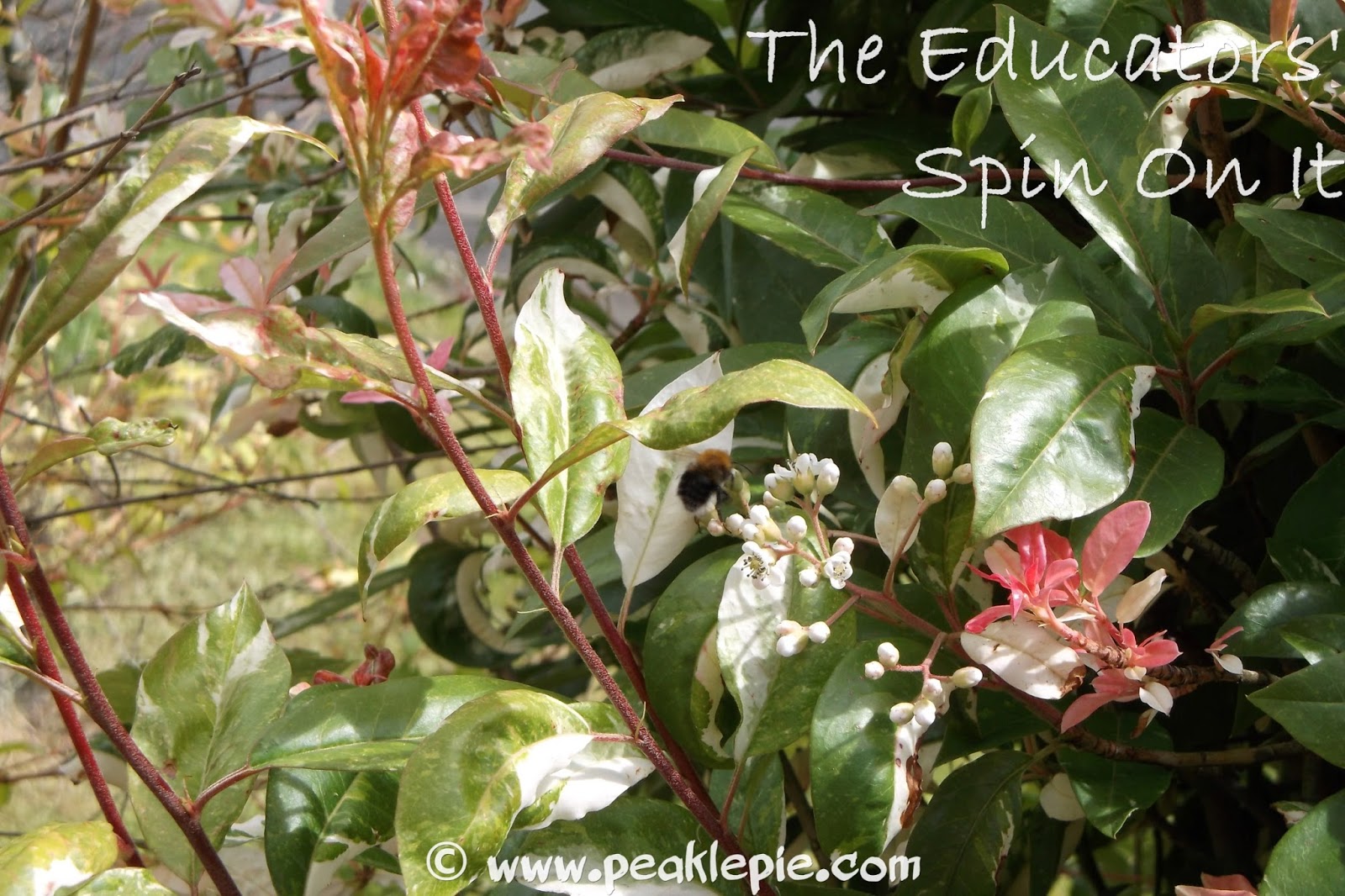
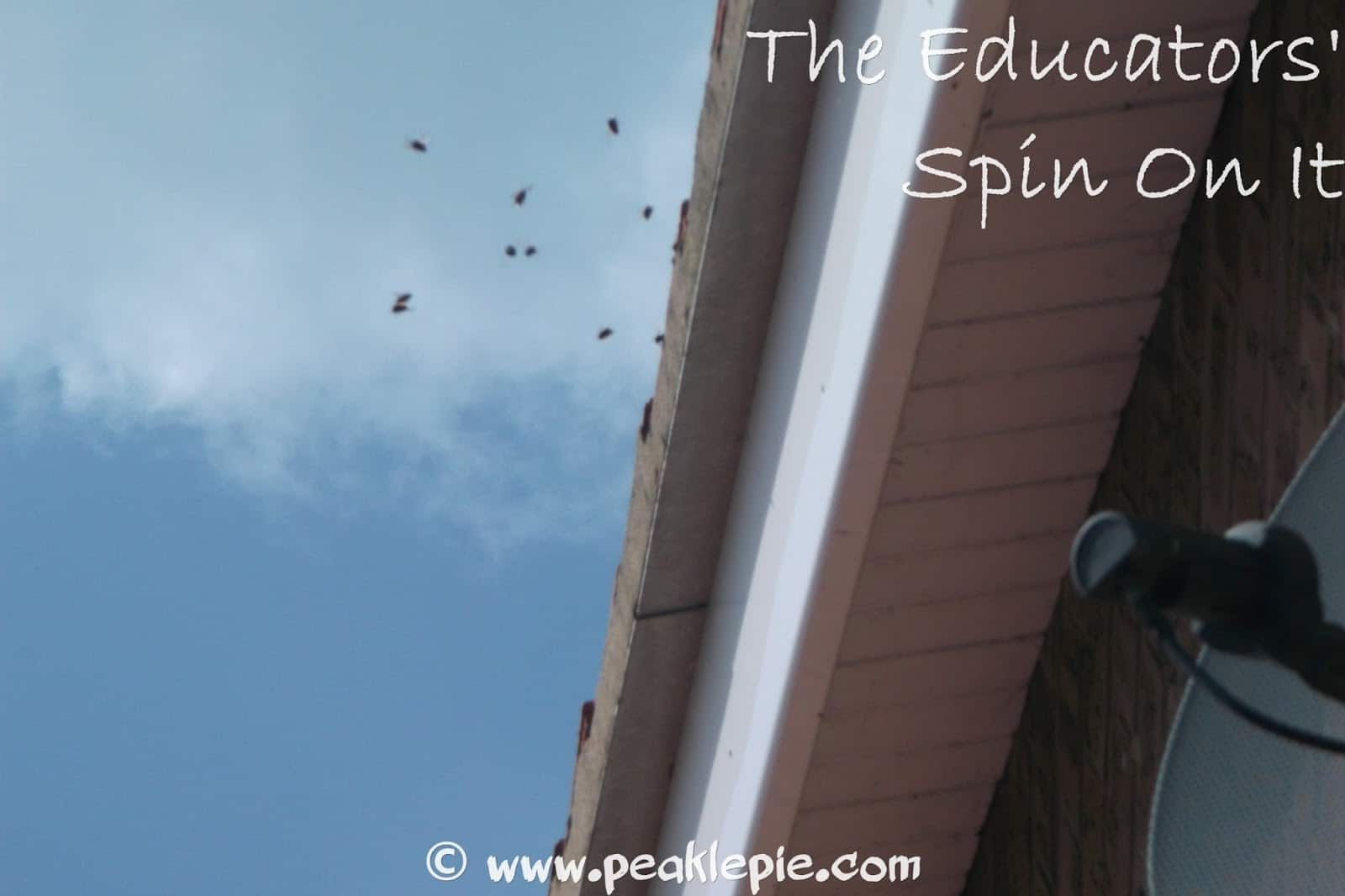
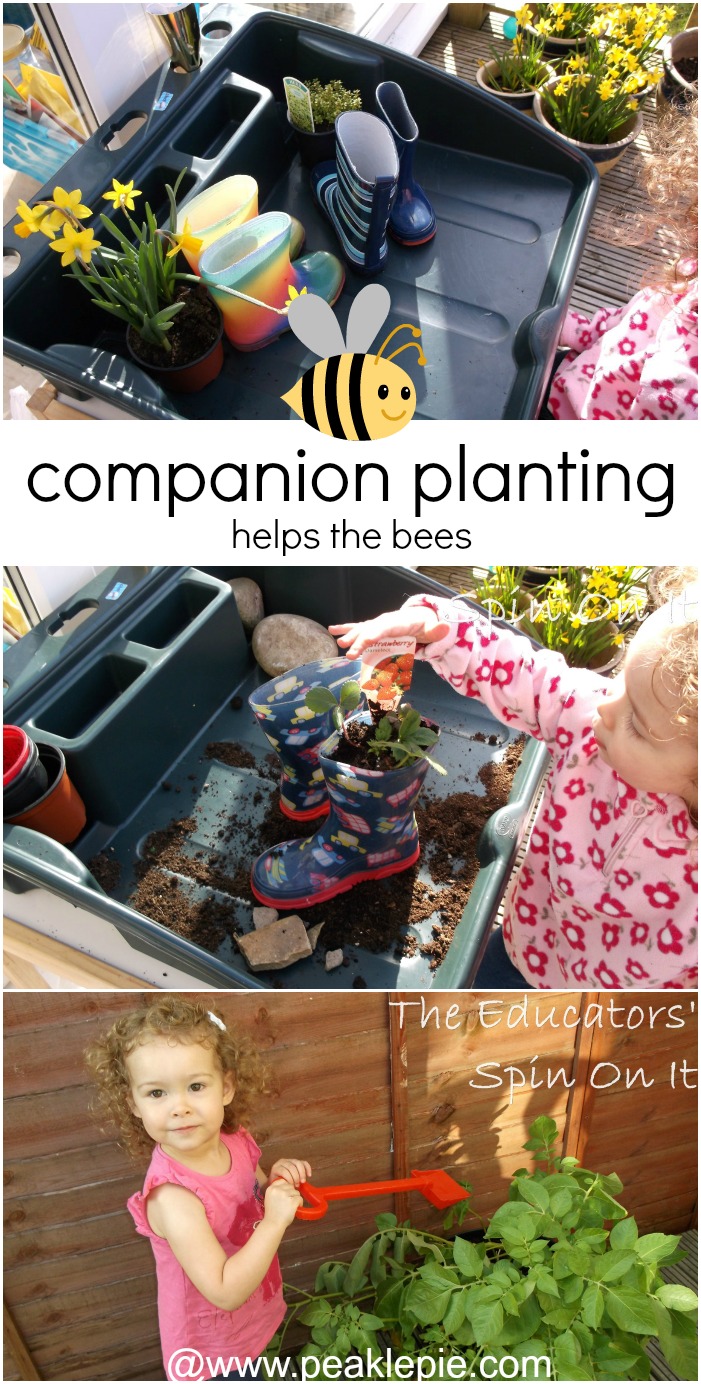
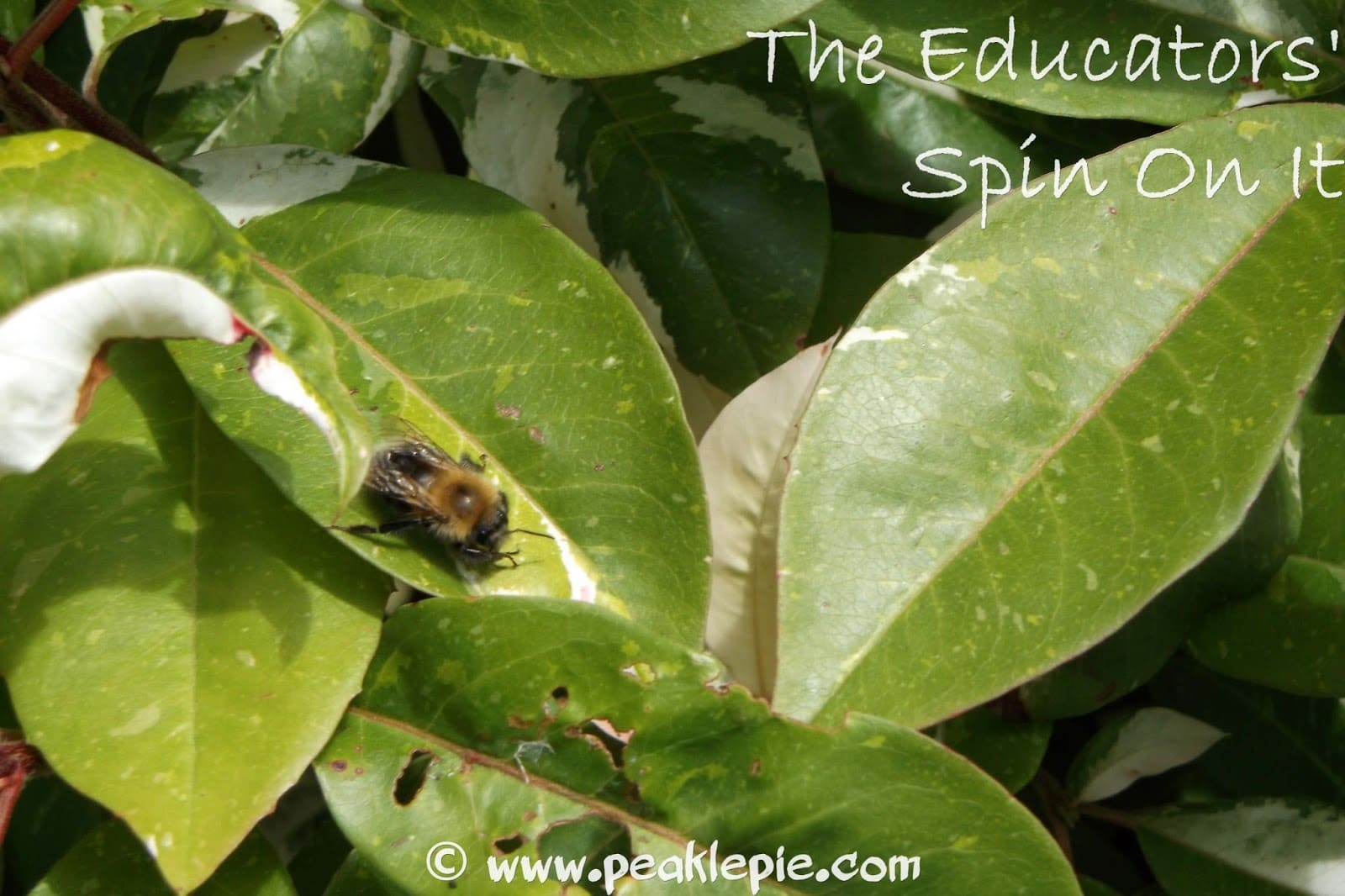
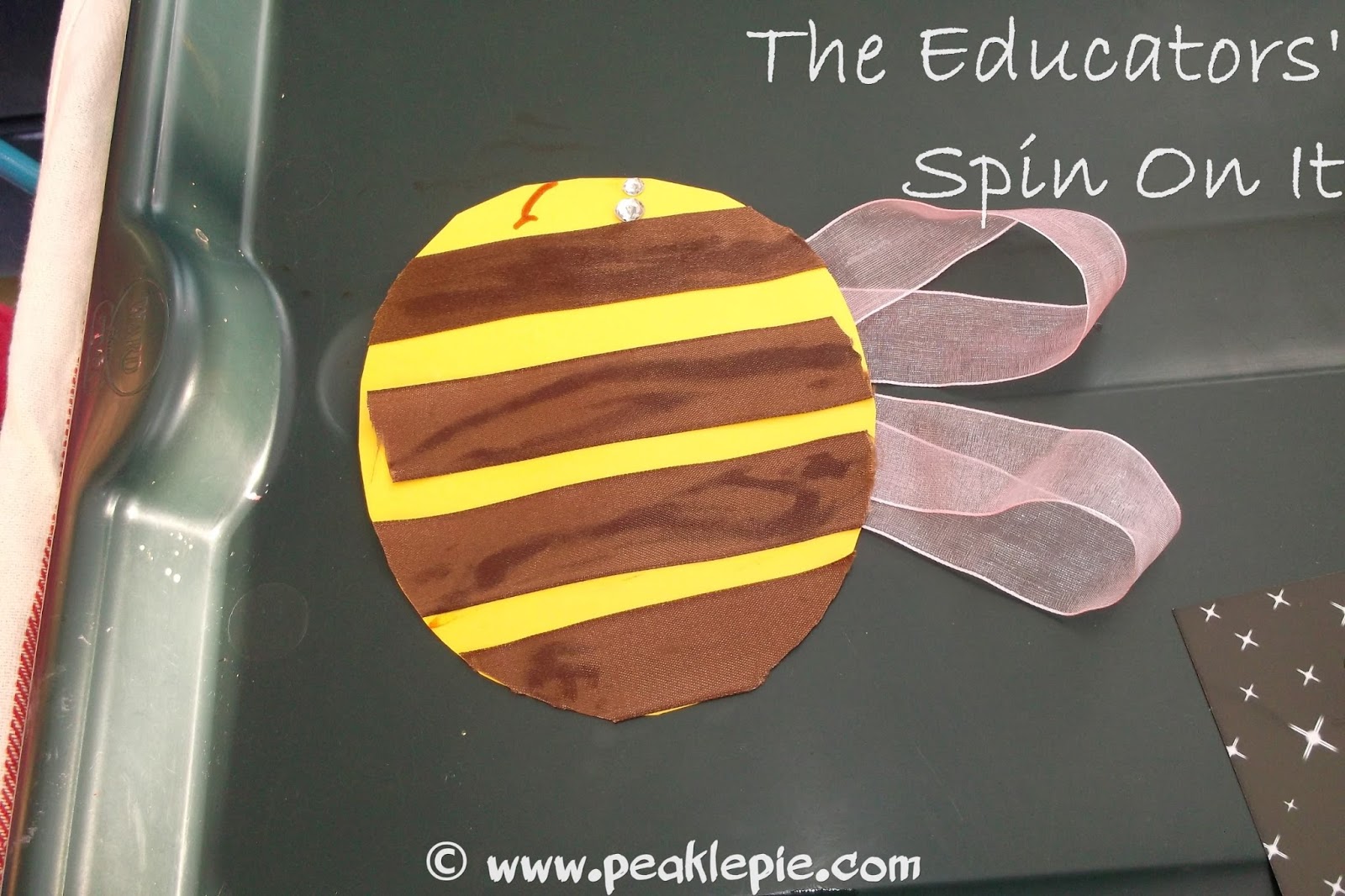
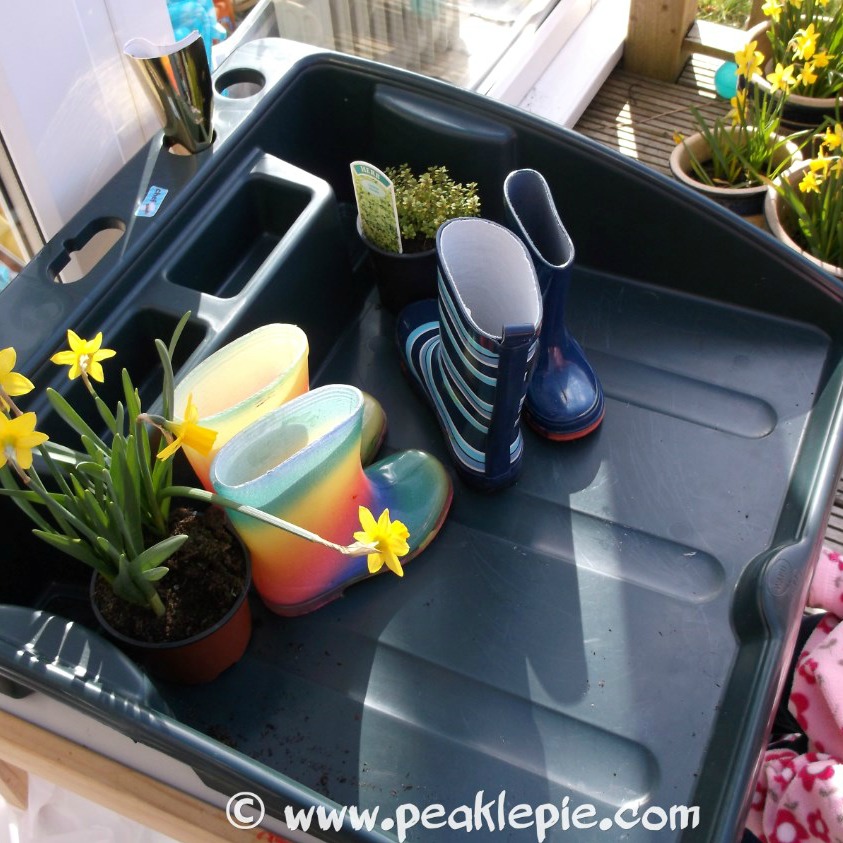
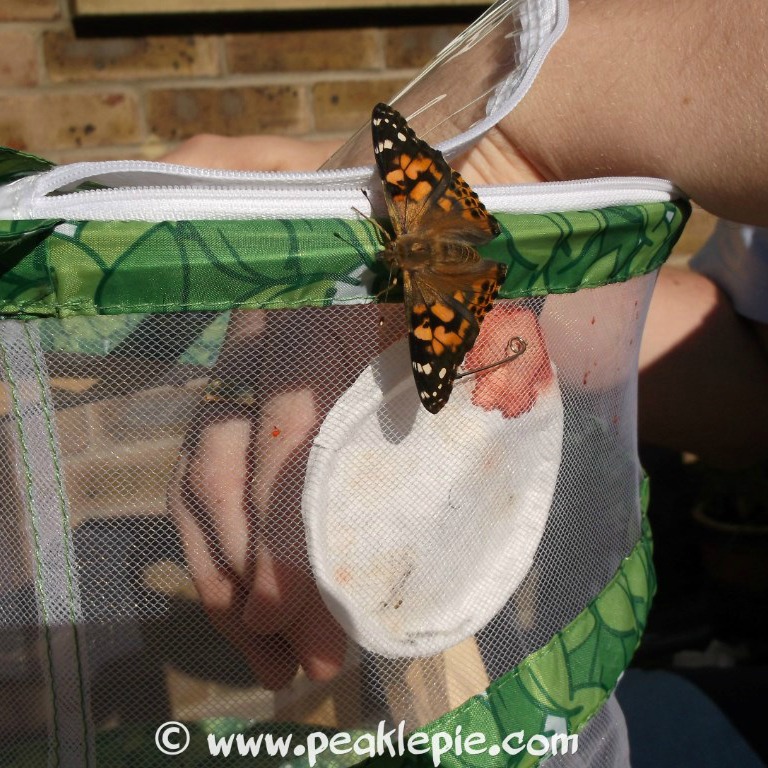
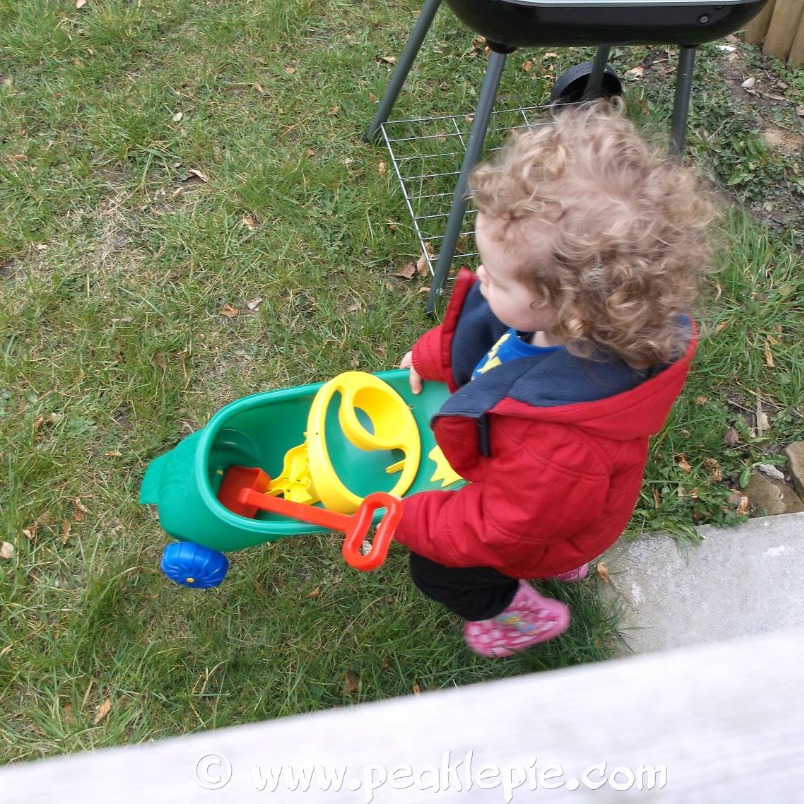
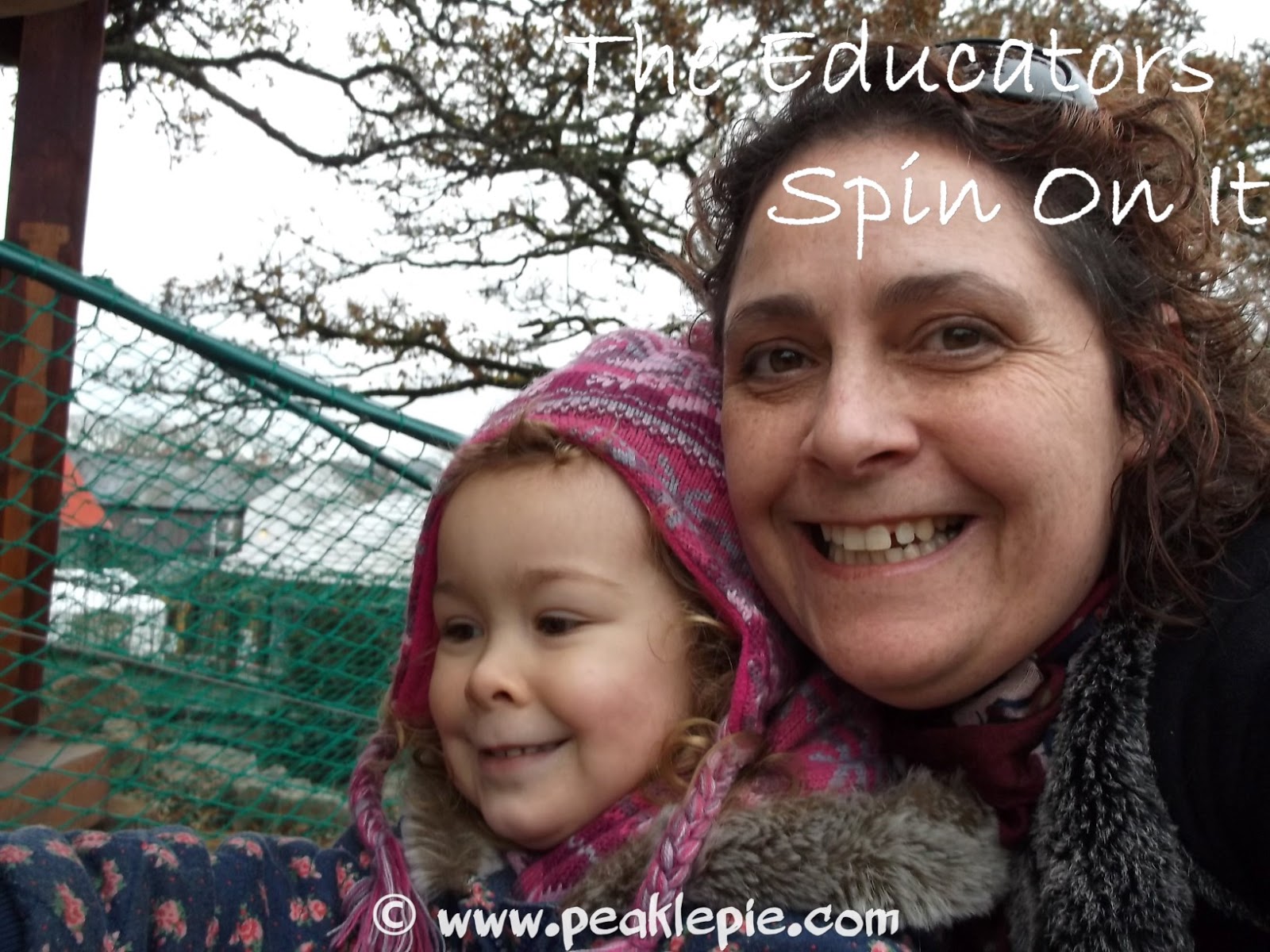
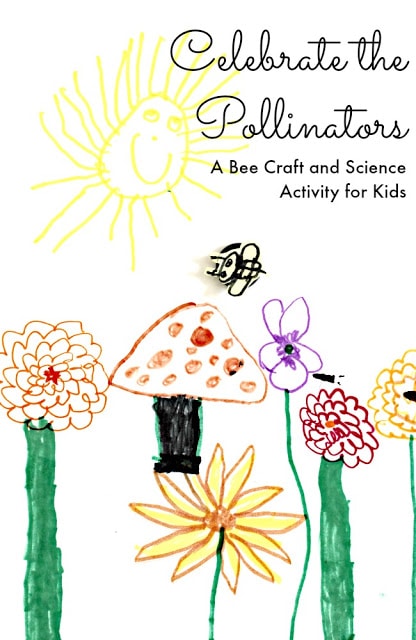
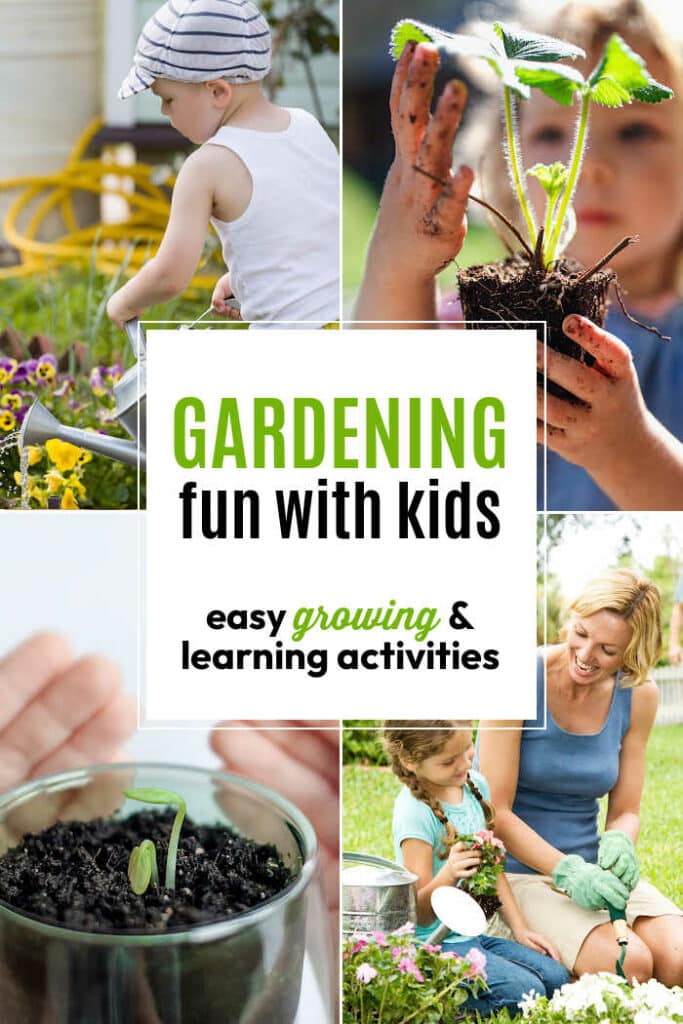
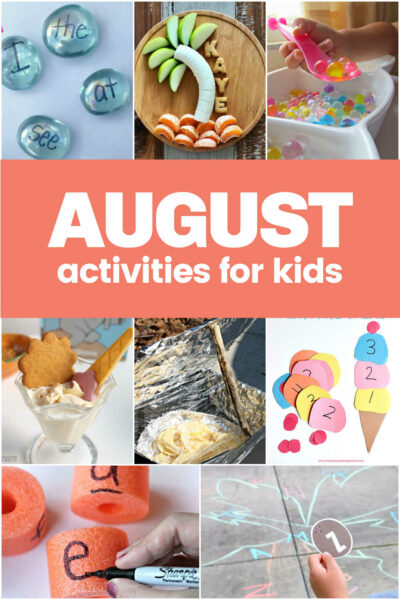
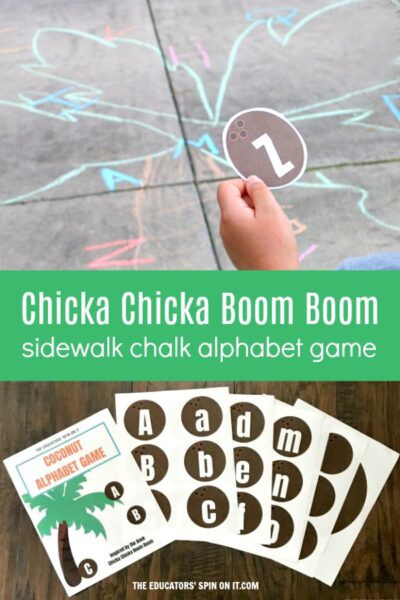
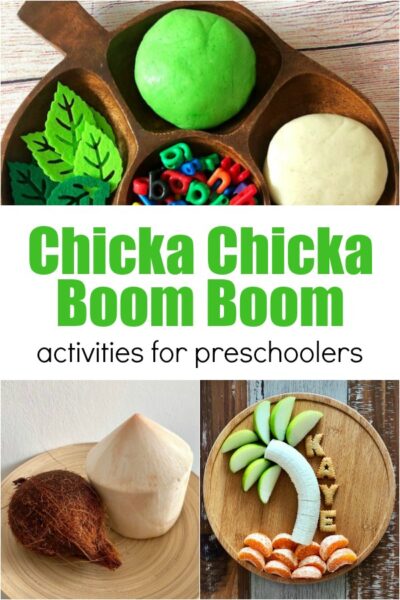

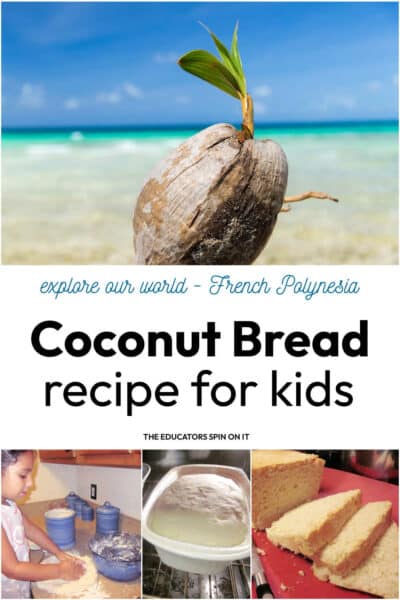
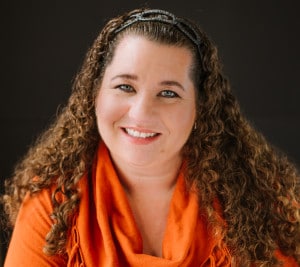
Lisa, I was actually just discussing the benefits to local honey with a beekeeper this Saturday., especially for helping those with pollen allergies. I am continuously amazed at the power of bees!
After reading your article, the kids and I have been in search of our bees. We sadly see very few, but have planted many native flowers to try and attract pollinators to our yard! Thank you so much for sharing your expertise with us!
Blue bee house? Sounds neat. I've always wanted a hive, but we have such a small yard, I'm waiting until the kids are older!
Thank you for featuring our post! It was a pleasure to work on and we are so pleased that we can spread the word about looking after bees now and in the future!
Your mention of blue bees reminds me that I need to check my blue bee house and give it its annual spring clean soon. We need to take care of those bees.
This is very educational. Bees are so important, and their honey is amazingly nutritious. Thank you for sharing this information.